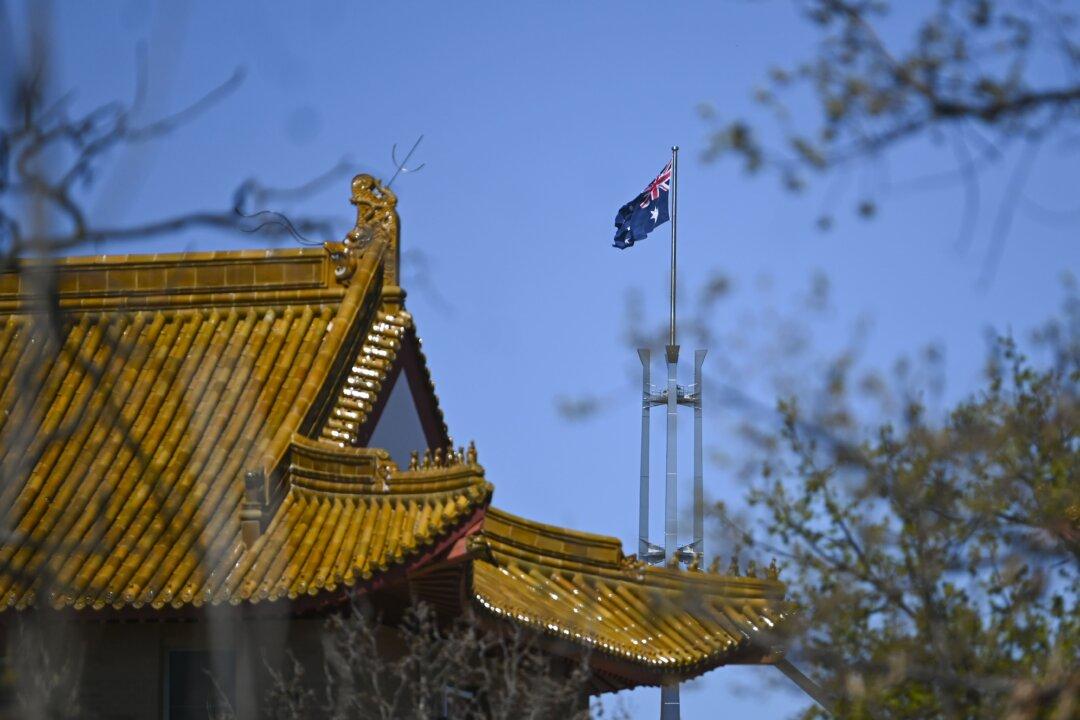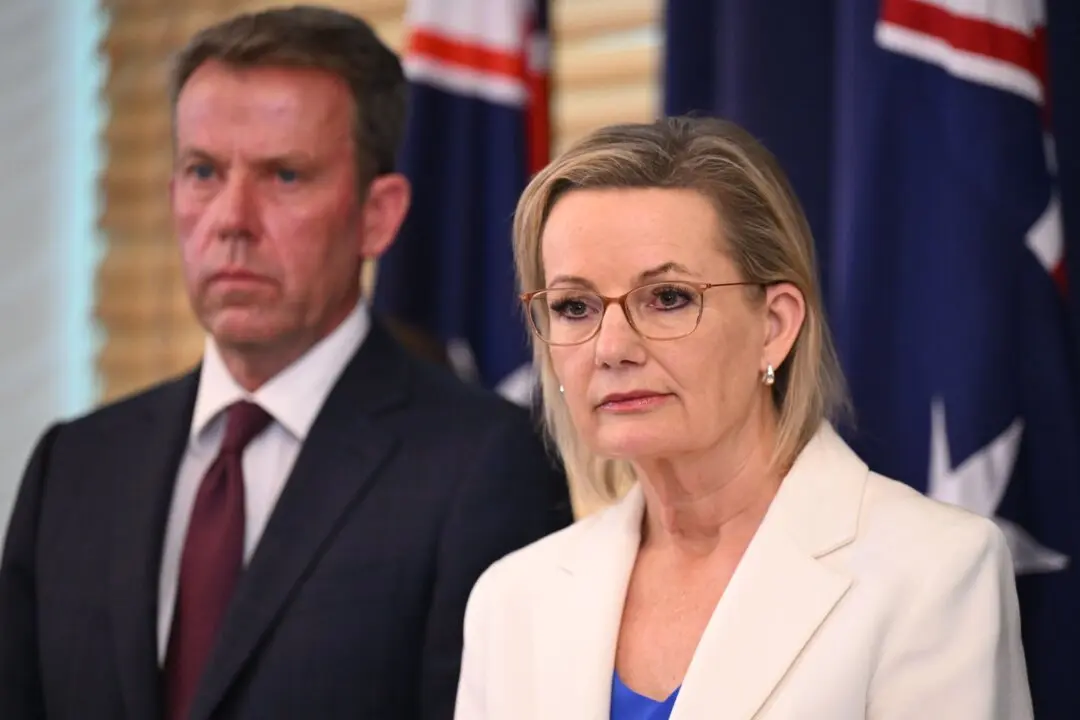The Chinese regime’s next ambassador to Australia is Xiao Qian, Beijing’s current envoy to Indonesia.
According to The Australian, Xiao’s nomination has been agreed to by the Morrison government and comes after the exit of “wolf warrior” Cheng Jingye, who’s tenure saw him adopt a more confrontational style of rhetoric against Australia.





